Estimated reading time: 20 minutes
In a world filled with instant gratification and a pill for every problem, it's easy to forget that our ancestors used to rely on natural remedies to cure whatever ailed them. However, in the event of a societal collapse, these old-fashioned remedies will likely make a comeback.
While modern medicine has come a long way, there is still much to be said for the healing power of nature. Our ancestors knew this all too well and used natural remedies to heal all sorts of ailments. From headaches to toothaches, there was an ancient remedy for lots of things—and many of these remedies actually work better than their modern counterparts.
Here are 40 ancient remedies that you should keep in mind next time you're feeling under the weather.
Want to save this post for later? Click Here to Pin It On Pinterest!
1. Aloe Vera

Aloe vera is a succulent that has been used medicinally for millennia. The gel from the aloe vera plant can be applied topically to treat burns, insect bites, and rashes. Additionally, aloe vera can be taken internally to treat constipation and heartburn.
Here's how to grow and use aloe vera.
2. Apple Cider Vinegar
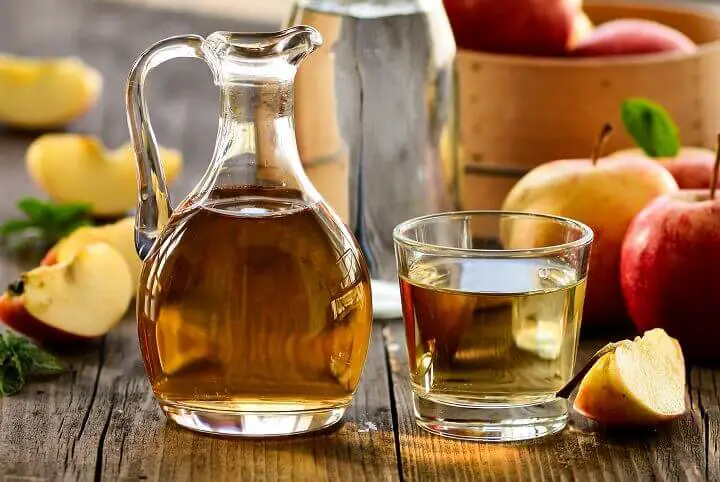
This tart and tangy liquid has been used as a folk remedy for everything from colds and indigestion to diabetes and weight loss. In fact, apple cider vinegar has a long history of being used as a natural cleaning agent and disinfectant.
Today, apple cider vinegar is making a comeback as a health tonic thanks to its high levels of acetic acid, which is believed to have numerous health benefits including weight loss, lower blood sugar levels, and improved digestion.
Here's how to use apple cider vinegar.
3. Basil

Basil has been used as a medicinal herb for centuries. It is an anti-inflammatory and can be used to treat a variety of respiratory ailments such as bronchitis, asthma, and whooping cough. Additionally, basil can be used to improve digestion and boost the immune system.
Here are the health benefits of basil.
4. Bergamot

Bergamot is a citrus fruit that is often used in Earl Gray tea. Bergamot contains flavonoids that have powerful anti-inflammatory properties.
Here are some medicinal uses for bergamot.
5. Blackberries
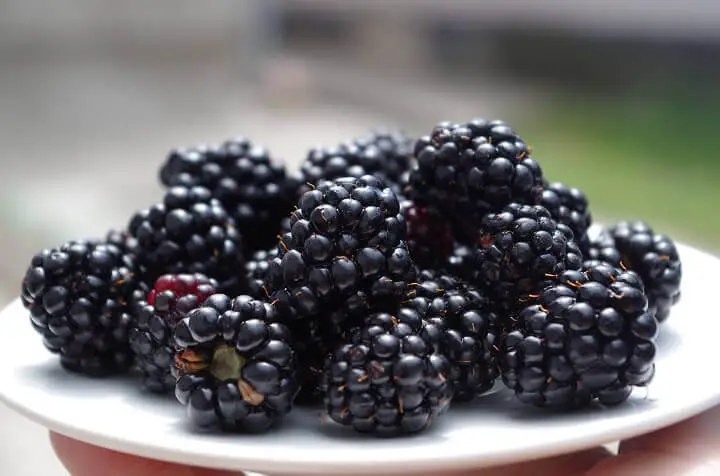
These berries are high in antioxidants and vitamins that help to boost the immune system. Blackberries have also been shown to improve cognitive function. Additionally, blackberry leaves are also very good for you.
Here are the health benefits of blackberry leaves.
6. Black Pepper
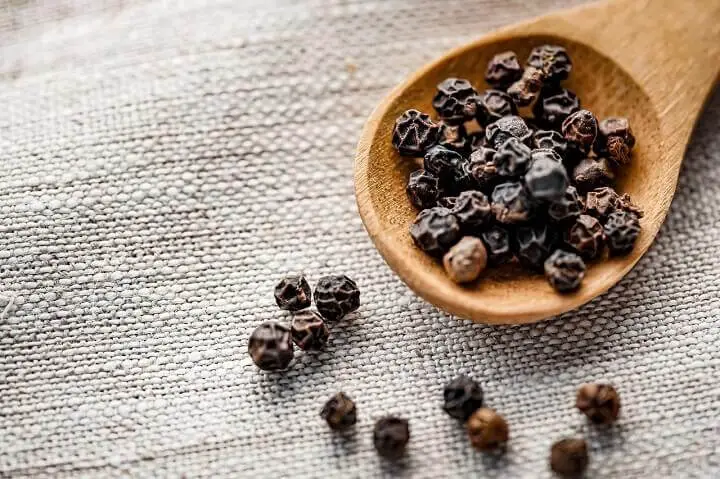
If you’ve ever accidentally gotten black pepper in your eye, you know that it can be quite painful. But did you know that black pepper can also be used to treat a number of other ailments?
For instance, black pepper can be used to relieve toothaches, joint pain, and even indigestion. Black pepper contains an active ingredient called piperine, which has anti-inflammatory and antioxidant properties.
Here are some proven health benefits of black pepper.
7. Blackstrap Molasses
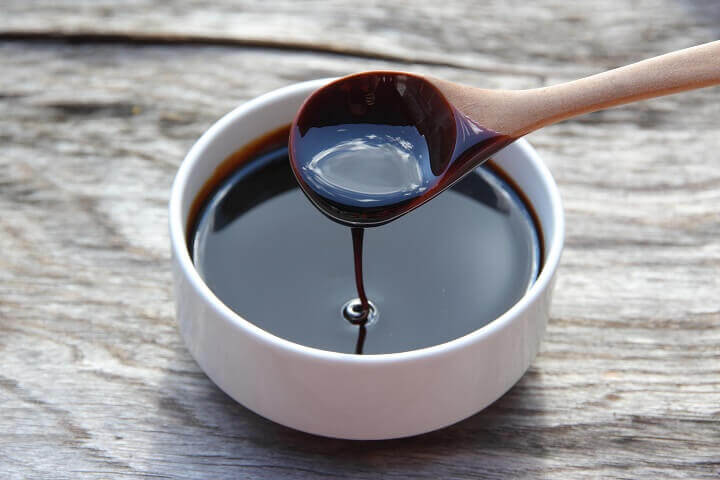
Blackstrap molasses is a type of syrup made from sugar cane or sugar beets that has a variety of health benefits. The syrup is high in iron, which helps to treat anemia, and vitamin B6, which helps to calm nerves. Blackstrap molasses is also a natural laxative and can help to relieve constipation.
Here are the health benefits of blackstrap molasses.
8. Cannabis

Cannabis is an effective ancient remedy for pain relief. CBD oil is especially helpful for chronic pain due to its anti-inflammatory properties. To use cannabis as a pain reliever, rub CBD oil onto the affected area 2-3 times per day or take CBD capsules orally as directed by your doctor.
Here are some conditions that cannabis can treat.
9. Castor Oil
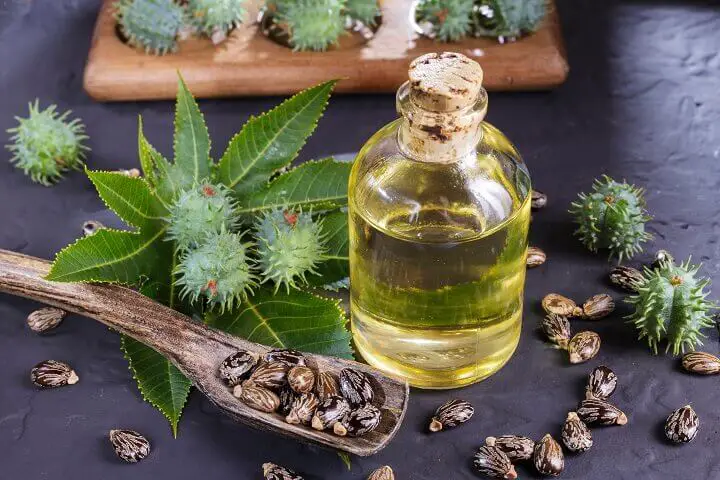
Castor oil has a long history of use as a remedy for everything from constipation to arthritis. It is a powerful laxative and is also believed to reduce inflammation. Additionally, castor oil can be used topically to treat skin conditions such as acne and eczema.
Here are some benefits and uses for castor oil.
10. Cayenne Pepper
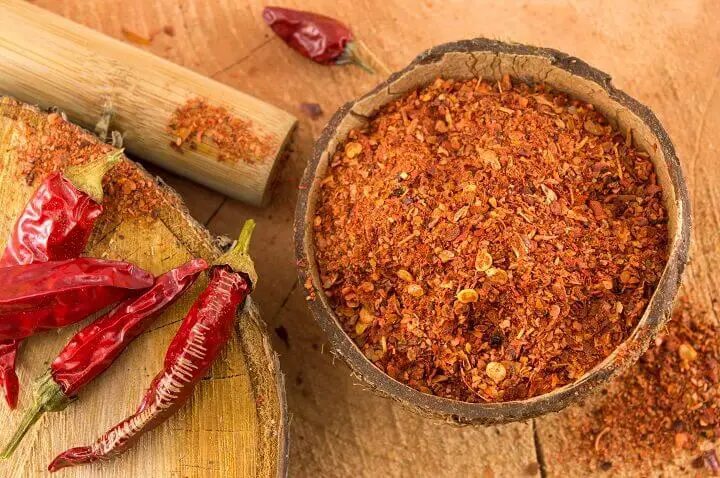
Cayenne pepper is a well-known home remedy for a wide variety of ailments, including colds, sore throats, and stomachaches. To use cayenne pepper as a remedy, mix 1 teaspoon of the powder with 1 cup of water and drink it down. You can also add a pinch of the powder to food to help with digestive issues.
Here are the health benefits of cayenne pepper.
11. Chamomile
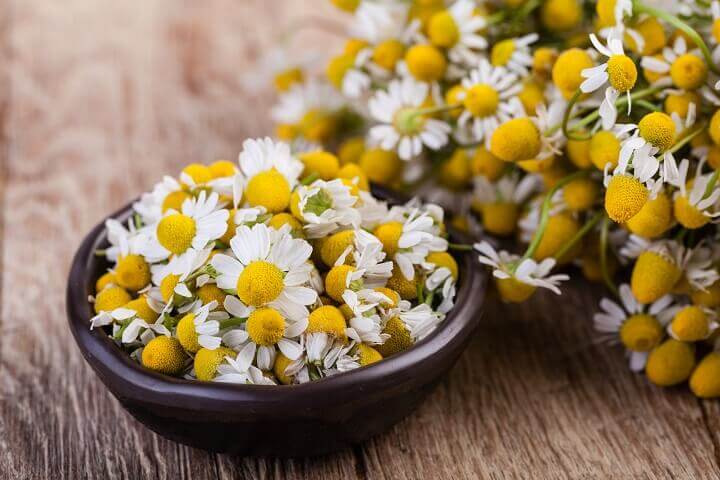
Chamomile is another herbal tea that's great for soothing digestive issues like nausea, bloating, and gas. To use chamomile as a remedy, steep 1-2 teaspoons of the herb in 1 cup of boiling water for 10 minutes then strain the liquid and drink it up to 3 times per day.
Here are the health benefits of chamomile tea.
12. Cherries
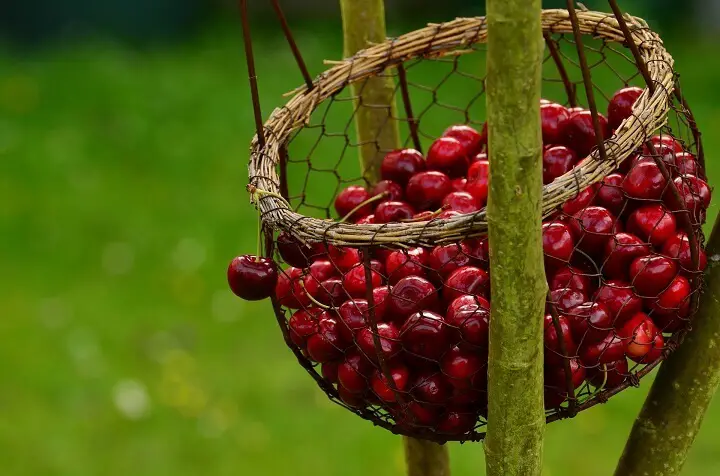
Sweet or sour cherries are chock-full of nutrients that are good for the body. Cherries contain vitamins C and B, as well as potassium and magnesium.
Here are some medicinal uses for cherries.
13. Chia Seeds
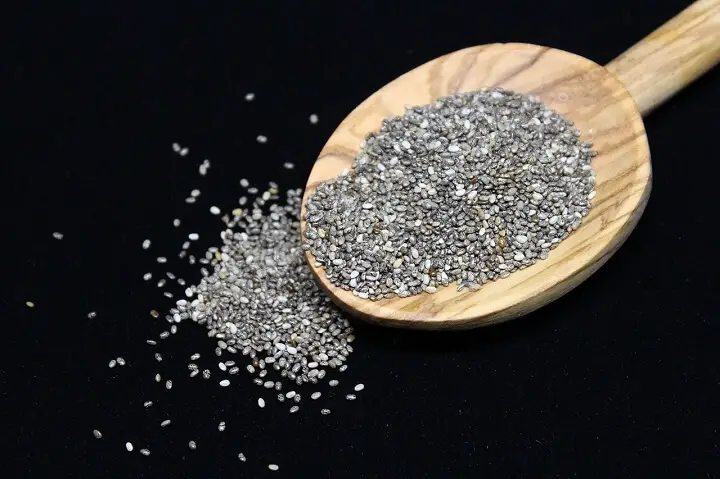
These tiny seeds may be new to the western world but they've been used in Mexico for centuries. Chia seeds are an excellent source of fiber and omega-3 fatty acids, both of which are essential for gut health.
Additionally, chia seeds can help regulate blood sugar levels and promote weight loss. To enjoy chia seeds' many benefits, simply add them to your favorite smoothie or yogurt bowl.
Here are some of the benefits of chia seeds.
14. Cinnamon
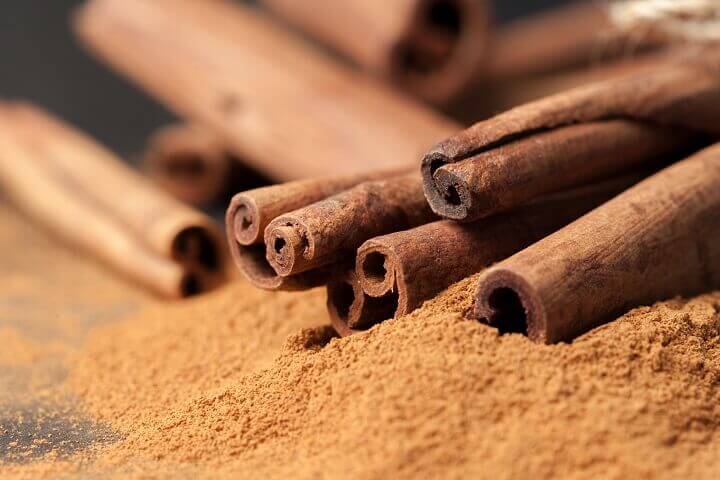
Cinnamon is another great ancient remedy. This spice has potent anti-inflammatory and antioxidant properties, making it great for boosting your immunity. To use cinnamon as a remedy, add 1-2 teaspoons of the powder to hot water or tea and drink it up to 3 times per day. You can also add cinnamon to food to help with indigestion or nausea.
Here are the many health benefits of cinnamon.
15. Cloves
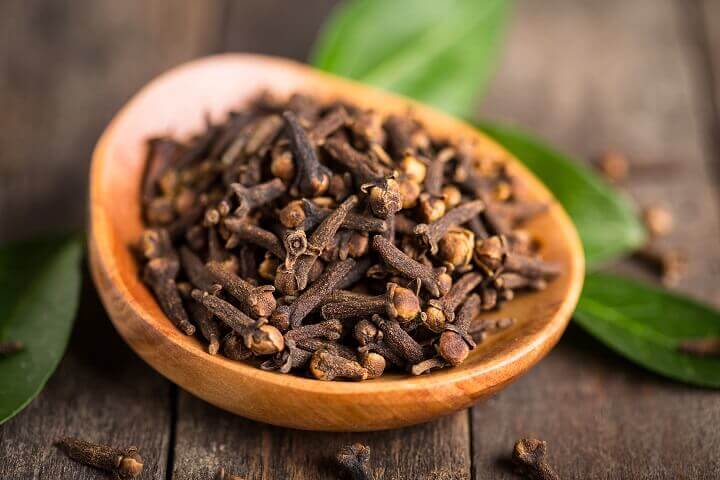
Cloves have long been used as an herbal remedy for toothaches, indigestion, and even colds. To use cloves as a remedy, simmer 2-3 cloves in 1 cup of water for 10 minutes then strain the liquid and drink it up. You can also chew on cloves instead of swallowing them whole.
Here are some surprising benefits of cloves.
16. Coconut Oil
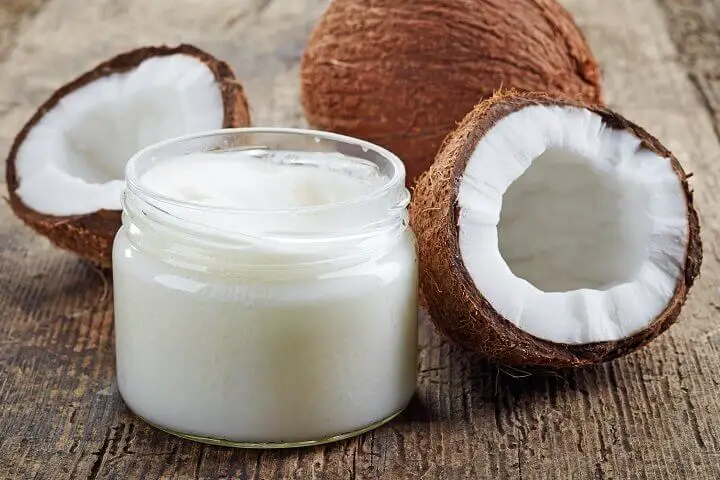
For centuries, coconut oil has been prized for its many uses, both culinary and medicinal. Unlike other oils, coconut oil is composed mostly of medium-chain fatty acids, which the body can easily convert into energy.
As a result, coconut oil has been shown to boost metabolism and promote weight loss. Additionally, the lauric acid in coconut oil has antimicrobial properties that can help fight infections and improve gut health.
Here's a long list of coconut oil uses and benefits.
17. Comfrey
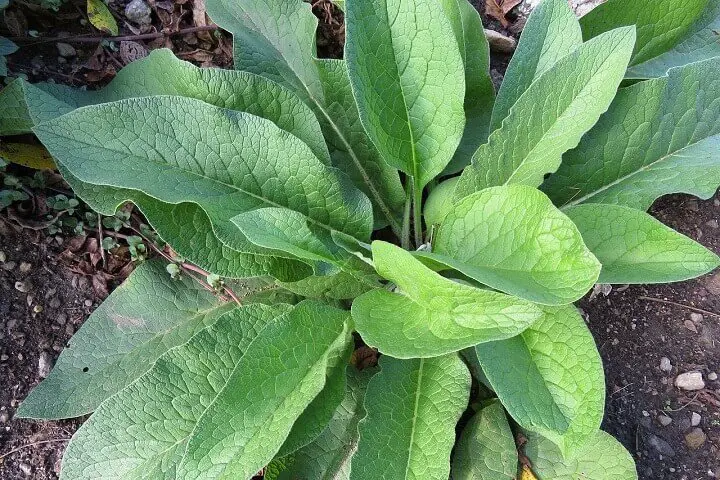
Comfrey is an age-old remedy for bruises due to its ability to reduce inflammation. To use comfrey as a bruise healer, mix 1 tablespoon of comfrey ointment with enough warm water to create a paste then apply it directly onto the bruise 3-4 times per day until the bruise fades away.
Here are some of the best uses for comfrey.
18. Echinacea

Echinacea is a flowering plant in the daisy family that has been used for hundreds of years to treat infections, colds, and flu. The plant works by stimulating the immune system to fight off infection. Studies show that echinacea can decrease the duration and severity of the common cold by 1-4 days.
Here are the herbal uses for echinacea.
19. Fennel
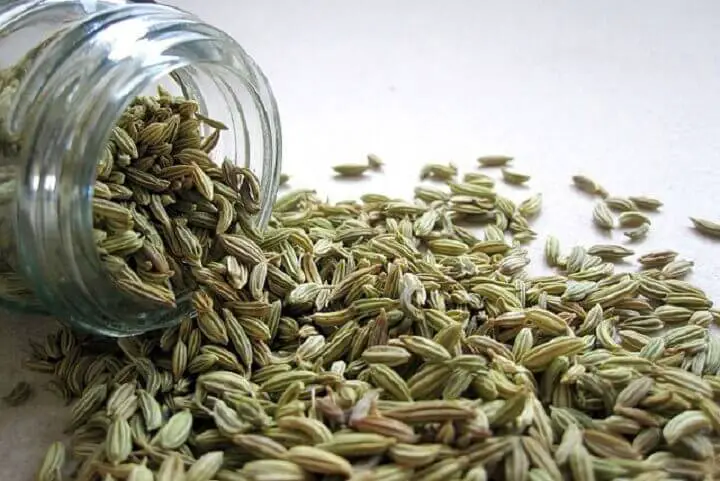
Fennel has a long history of being used as an herbal remedy. It's often used to relieve stomach discomfort, gas, bloating, and cramps. It can also be used as a breath freshener and mouthwash.
Here are the health benefits of fennel seeds.
20. Fenugreek
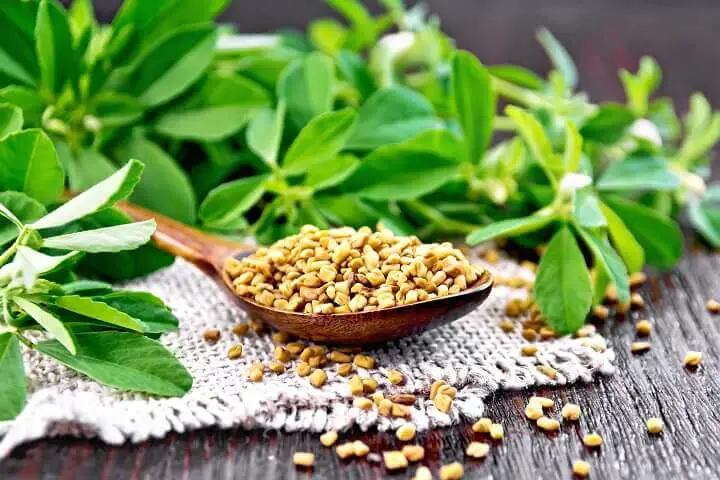
Fenugreek is an effective treatment for hair loss due to its high protein content and essential fatty acids which help promote hair growth.
Here are the health benefits of fenugreek seeds.
21. Flax Seeds
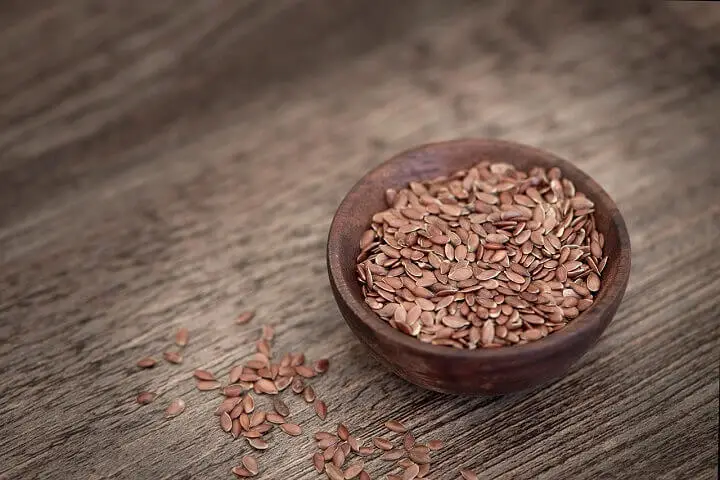
Flax seeds contain omega-3 fatty acids, which are known for their anti-inflammatory properties. They can be used to relieve joint pain, stiffness, and inflammation. They can also be taken orally or applied topically to the skin.
Here are the many health benefits of flax seeds.
22. Garlic
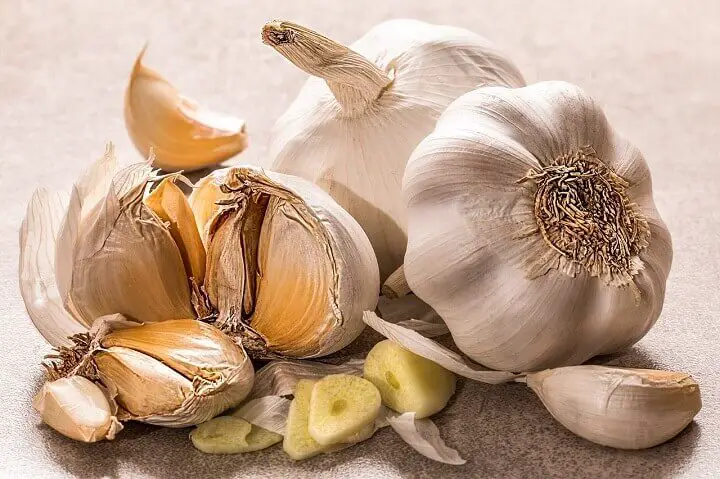
Garlic has long been touted for its health benefits. It's been shown to lower blood pressure, improve cholesterol levels, and boost immunity. So, it's no surprise that garlic is also an effective remedy for colds and flu.
To make a garlic tonic, simply crush a few cloves of garlic and add them to water. Let the mixture steep for 30 minutes before drinking. You can also try adding some honey or lemon to help cut down on the garlic breath.
Here are some health benefits of raw garlic.
23. Ginger Root
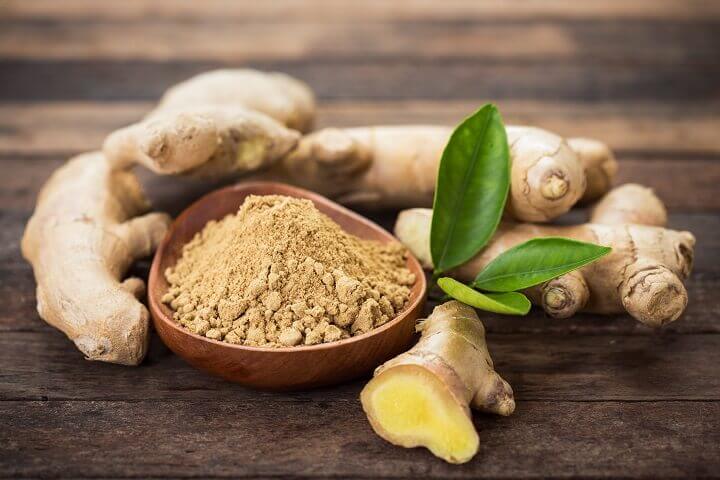
If you're struggling with nausea or morning sickness, ginger may be just what you need. Ginger has been shown to be an effective remedy for nausea caused by pregnancy, chemotherapy, and seasickness.
To make ginger tea, simply grate fresh ginger into boiling water and let it steep for 10 minutes. You can also try sipping on some ginger ale or eating ginger snaps when you're feeling queasy.
Here are some health benefits of ginger.
24. Henna
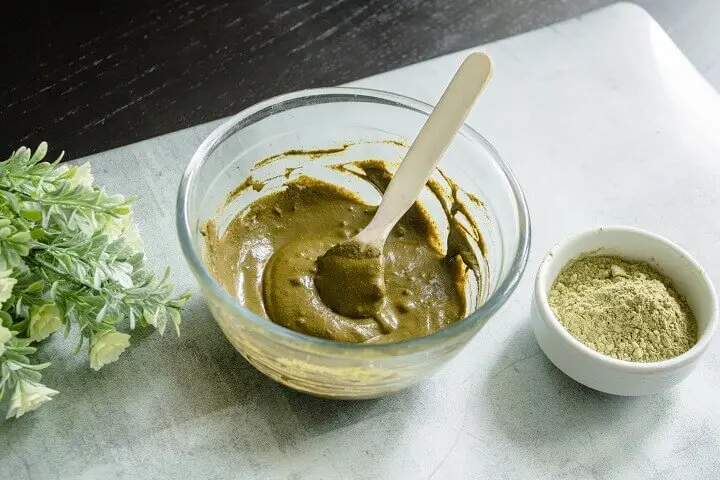
Henna has been used for centuries as a natural dye and hair treatment. It's made from the leaves of the Lawsonia inermis plant and can be used to color hair, eyebrows, and eyelashes. It can also be used to treat dandruff, scalp infections, and hair loss.
Here are the healing benefits of henna.
25. Honey
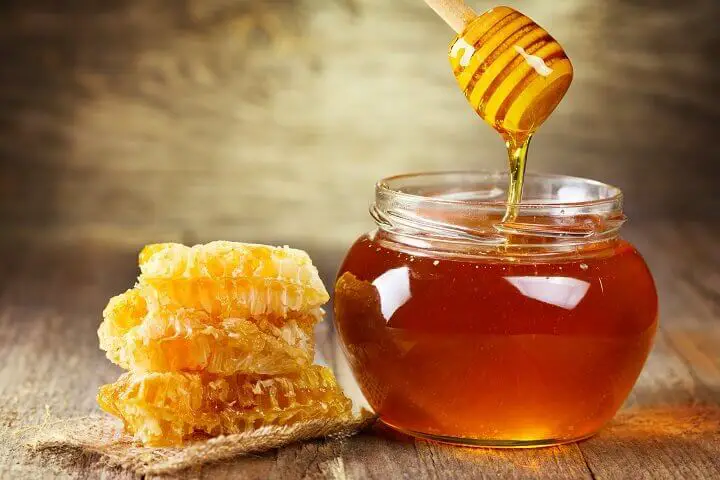
Honey has been used as a cough suppressant for centuries. In fact, a recent study showed that honey is just as effective at calming coughs as over-the-counter medicines like dextromethorphan.
The next time you're feeling under the weather, ditch the Dayquil and try some honey instead. Just add a tablespoon of honey to some warm water or tea and drink up!
Here are the benefits of eating a spoonful of honey every day.
26. Lavender

Lavender has been used medicinally for centuries and is still widely used today. It is an effective treatment for anxiety and depression and can also be used to relieve headaches and insomnia. Additionally, lavender has antiseptic properties and can be used to treat cuts, scrapes, and bruises.
Here are some uses for lavender leaves.
27. Lemon Balm
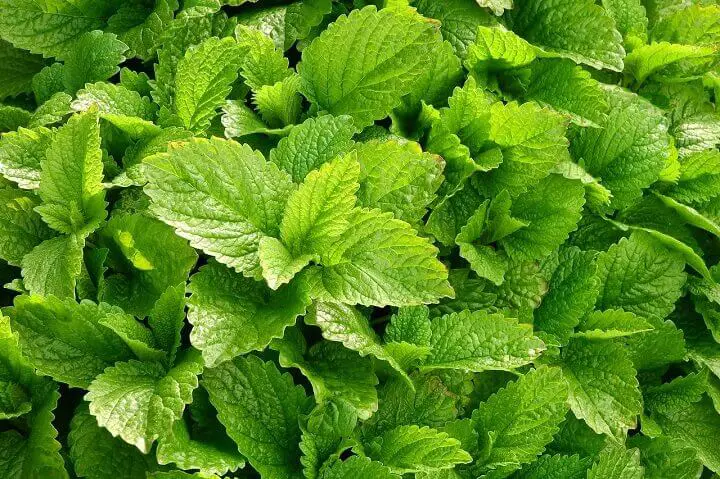
Lemon balm is a perennial herb in the mint family that has traditionally been used to calm nerves and reduce stress. The herb works by promoting relaxation and reducing anxiety. Research shows that lemon balm is effective in treating anxiety and improving sleep quality.
Here are some lemon balm benefits + a tea recipe.
28. Milk Thistle
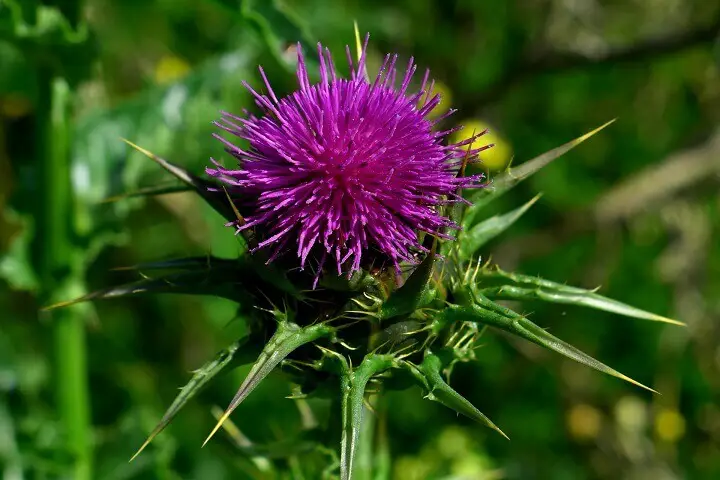
This time-honored remedy is used to treat liver and gallbladder issues. Milk thistle contains silymarin, an antioxidant which helps to protect the liver from damage.
Here are some science-based benefits of milk thistle.
29. Oatmeal
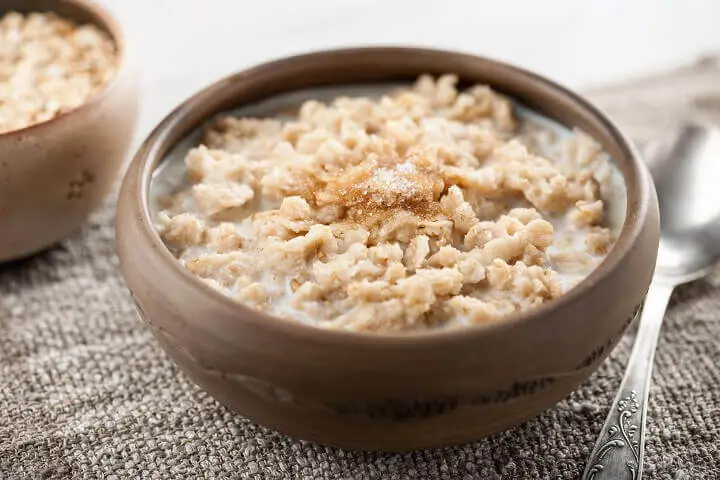
Oatmeal is more than just a breakfast food. It's also an excellent remedy for dry skin and eczema. When applied topically, oatmeal can help soothe irritation and inflammation. It can also be used as a natural cleansing agent.
Here are the health benefits of eating oats.
30. Peppermint
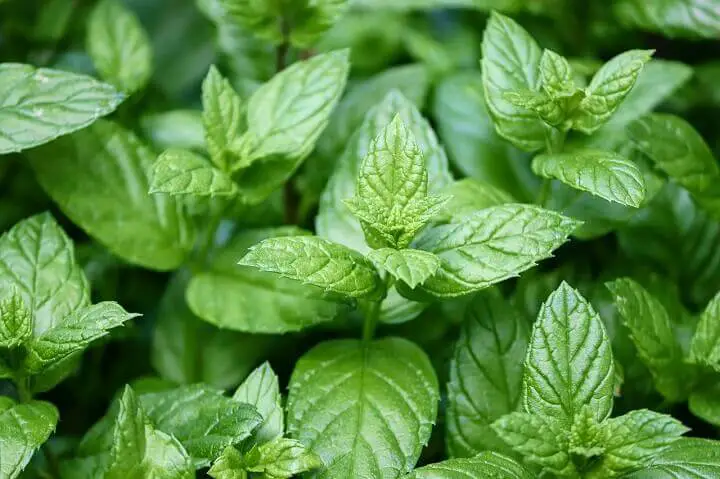
Peppermint is more than just a flavoring for toothpaste and gum—it's also an effective remedy for digestion problems and headaches. To ease an upset stomach, try sipping on some peppermint tea.
And if you're struggling with a headache, try rubbing some peppermint oil on your temples or inhaling the fumes from a peppermint candy.
Here are some medicinal uses for peppermint.
31. Rosemary
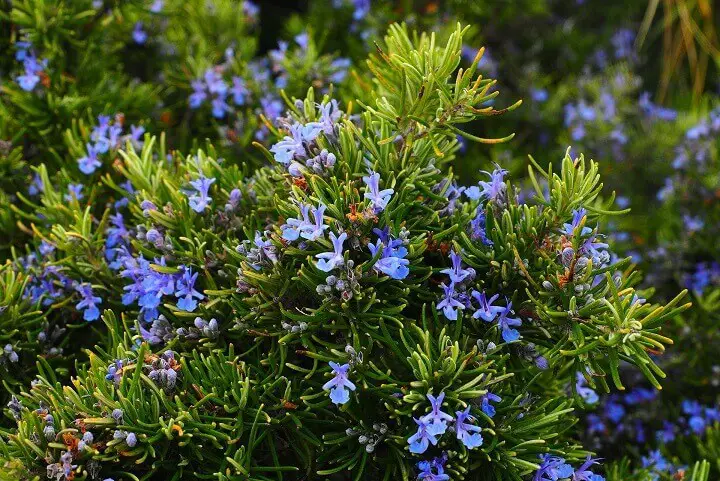
This herb has long been used as a treatment for headaches and toothaches. Rosemary contains compounds that help to relieve pain and inflammation.
Here are some uses for rosemary essential oil.
32. Sage
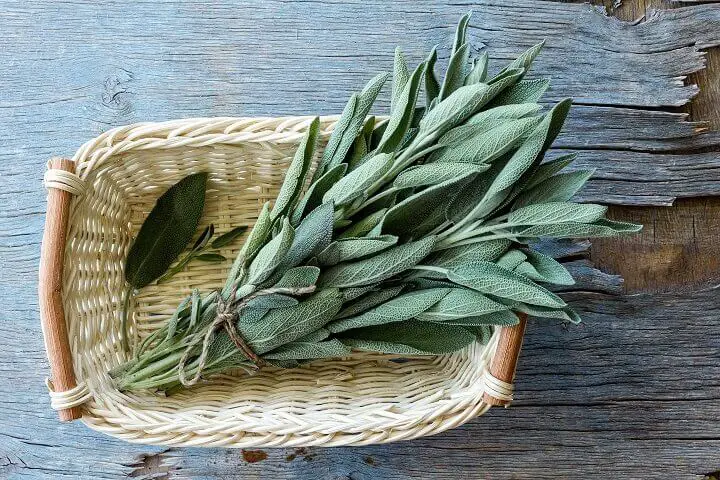
The humble sage plant has been used for centuries in cooking and as a medicinal herb. Today, we know that sage contains compounds with powerful antioxidant and anti-inflammatory properties.
These compounds can help to protect cells from damage, fight inflammation, and boost cognitive function. Sage can be taken as a dietary supplement, used in cooking, or applied topically as an essential oil.
Here are some medicinal uses for sage.
33. Salt

Salt has a variety of uses beyond seasoning food. In fact, salt has been used for centuries to treat wounds and skin conditions. The sodium chloride in salt helps to kill bacteria and promote healing.
Here are the healing properties of salt.
34. St. John’s Wort

This yellow flower has been used for centuries to treat depression and anxiety. St. John’s Wort contains serotonin, which is a neurotransmitter that helps to regulate mood.
Here are the St. Johns Wort uses and benefits.
35. Stinging Nettle
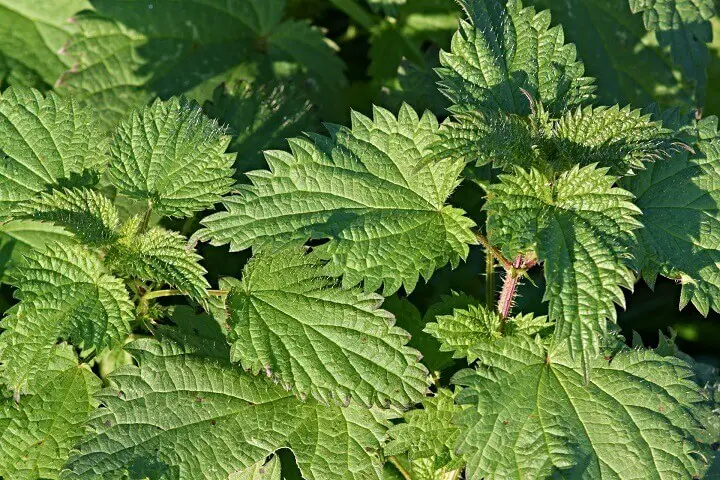
This plant gets its name from the fact that it can cause a painful sting when touched. Despite this, stinging nettle has many uses. It is often made into a tea or tincture and used to treat allergies, arthritis, and urinary tract infections.
Here are some of the many uses for stinging nettle.
36. Thyme
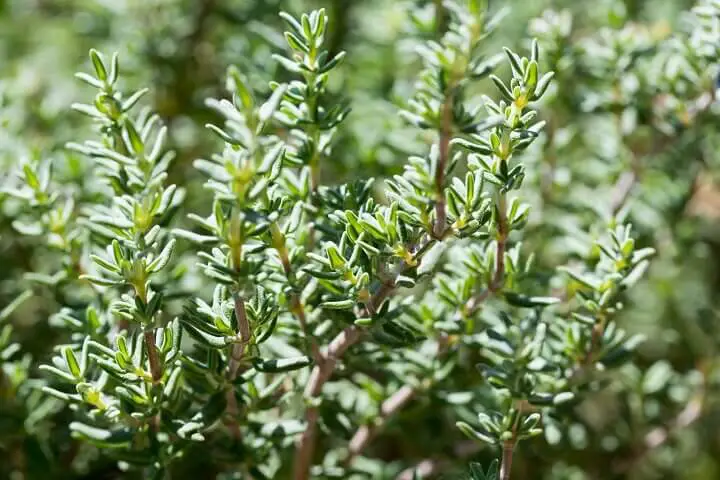
Thyme is another common kitchen herb that has been used medicinally for centuries. Like sage and wild lettuce, thyme contains compounds with potent antioxidant and anti-inflammatory effects.
Thyme is also antimicrobial, meaning it can help to fight off infection. Thyme can be taken internally as a dietary supplement or tea, or applied topically as an essential oil or cream.
Here are some things thyme is good for.
37. Turmeric
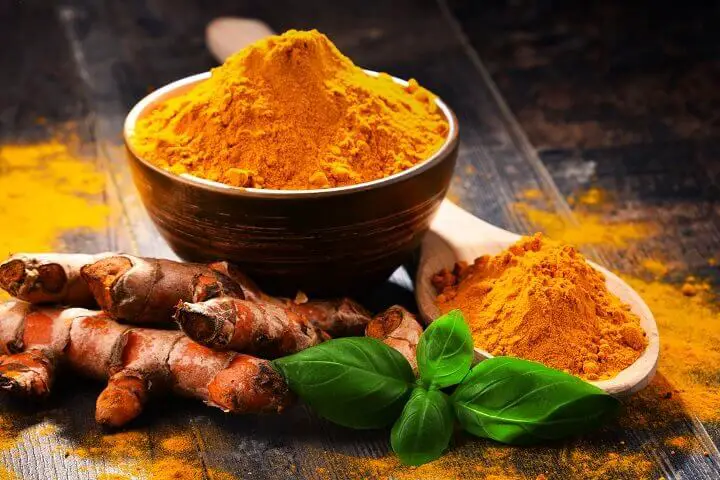
Turmeric is a spice that has been used in Indian cuisine for centuries. It is a powerful anti-inflammatory agent and can be used to treat conditions such as arthritis, Crohn's disease, and ulcers. Additionally, turmeric can help improve cognitive function and memory.
Here are the health benefits of turmeric.
38. Valerian Root
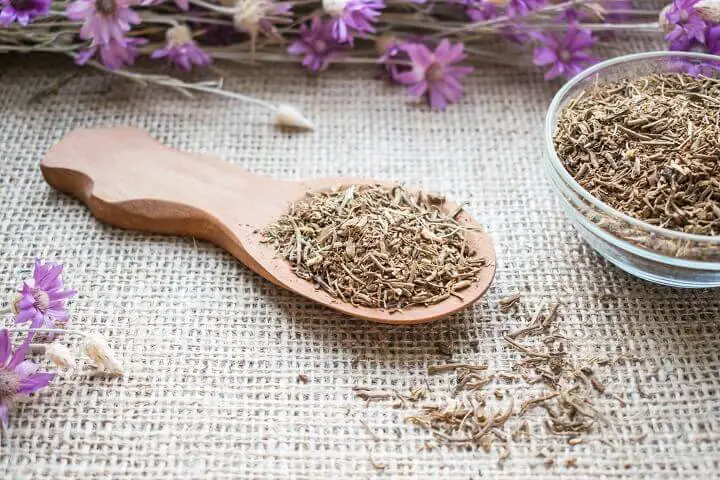
Valerian root is an herbal remedy that has been used for centuries to treat anxiety and insomnia. The herb works by interacting with GABA receptors in the brain to promote relaxation. Research shows that valerian root is as effective as benzodiazepines, such as Xanax, in treating anxiety disorders.
Here are some of the uses for valerian root.
39. Wild Lettuce
Wild lettuce is a close relative of common lettuce—but don't let its innocuous appearance fool you! This little plant packs a big punch when it comes to its health benefits.
Wild lettuce contains compounds that act as sedatives and muscle relaxants, making it an effective natural remedy for anxiety, insomnia, and pain relief. Wild lettuce can be taken as a dietary supplement or tincture (concentrated extract), or applied topically as an essential oil.
Here are some of the benefits of wild lettuce.
40. Willow Bark

Willow bark has long been used as a natural pain reliever. The active ingredient in willow bark is salicin, which is also found in aspirin.
Here's how to use willow bark as nature's aspirin.
Final Thoughts
While modern medicine has come a long way, there are still many ailments that are best treated with ancient remedies.
So next time you're not feeling well – whether you have access to modern medicine or not – reach for honey instead of cough syrup, garlic instead of cold medicine, ginger instead of Dramamine, and peppermint instead of Tylenol. Your great-great-grandparents would be proud!
Like this post? Don't Forget to Pin It On Pinterest!










